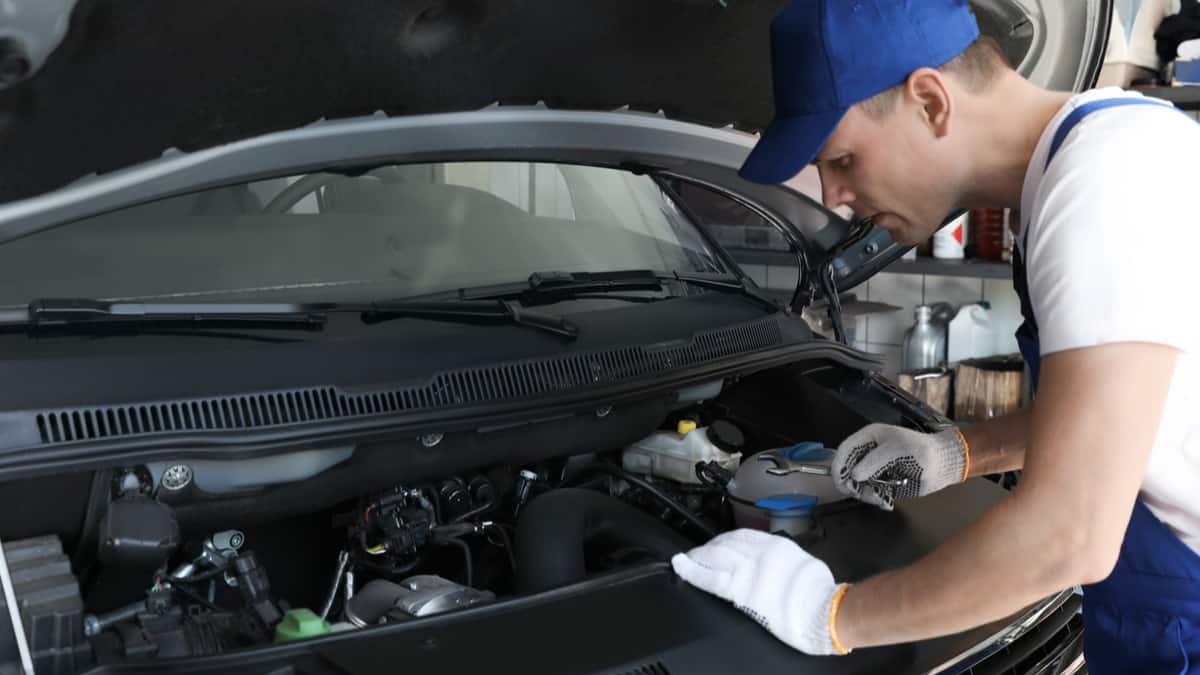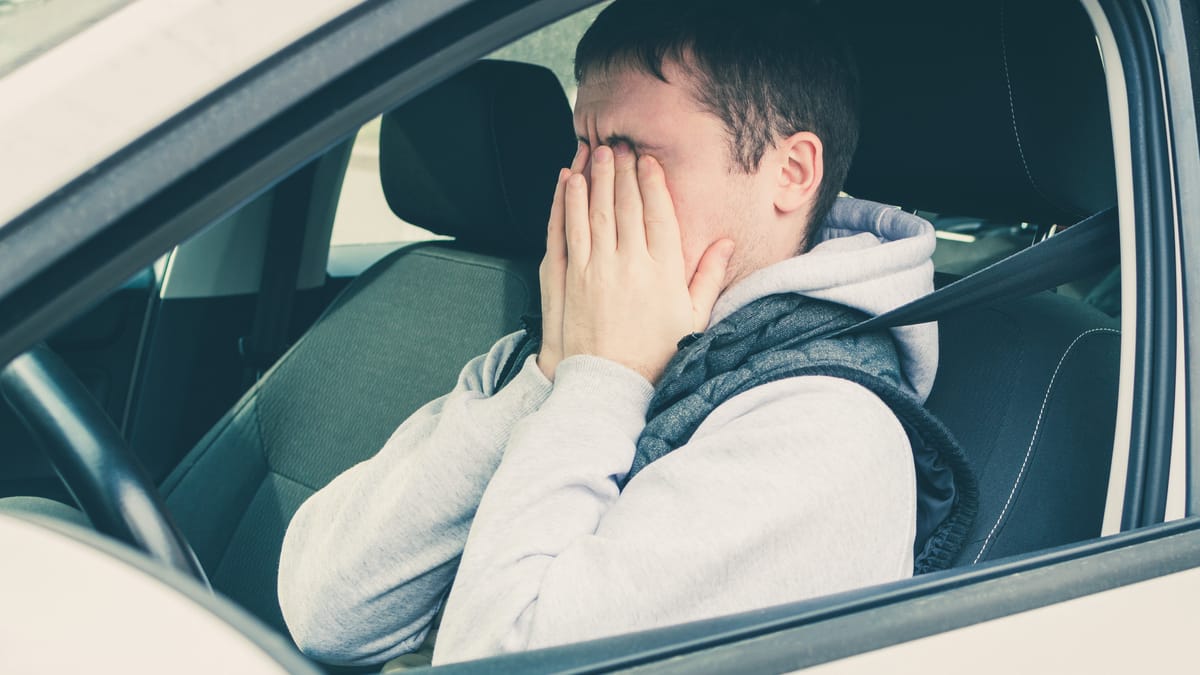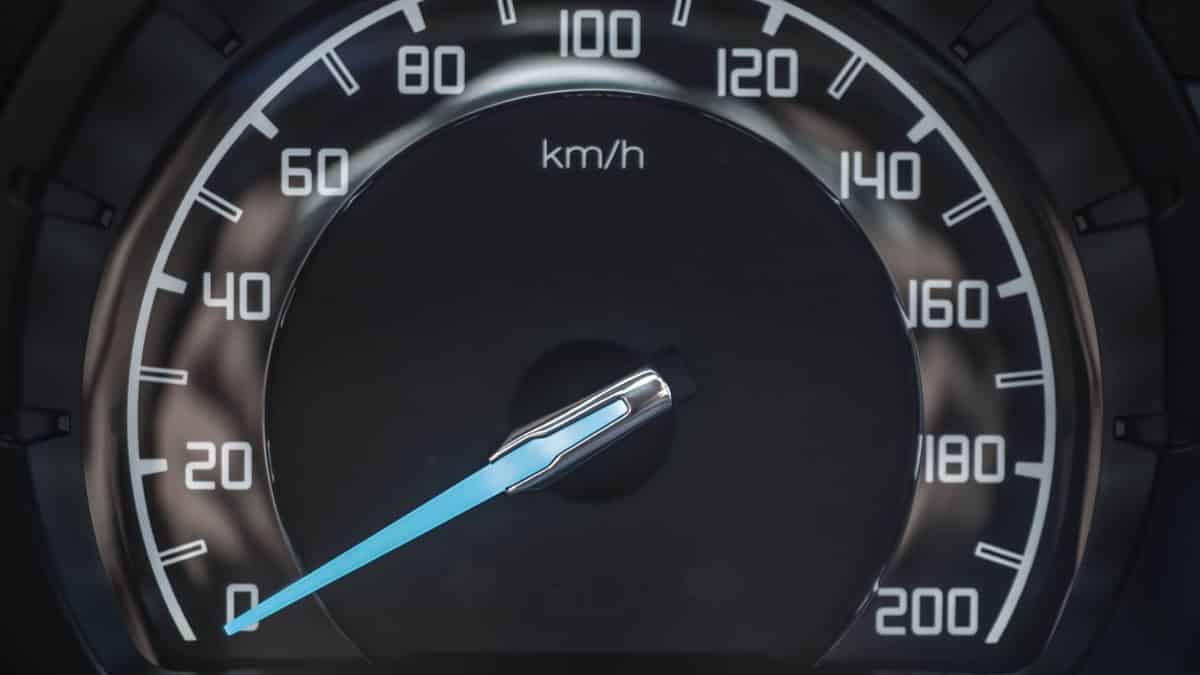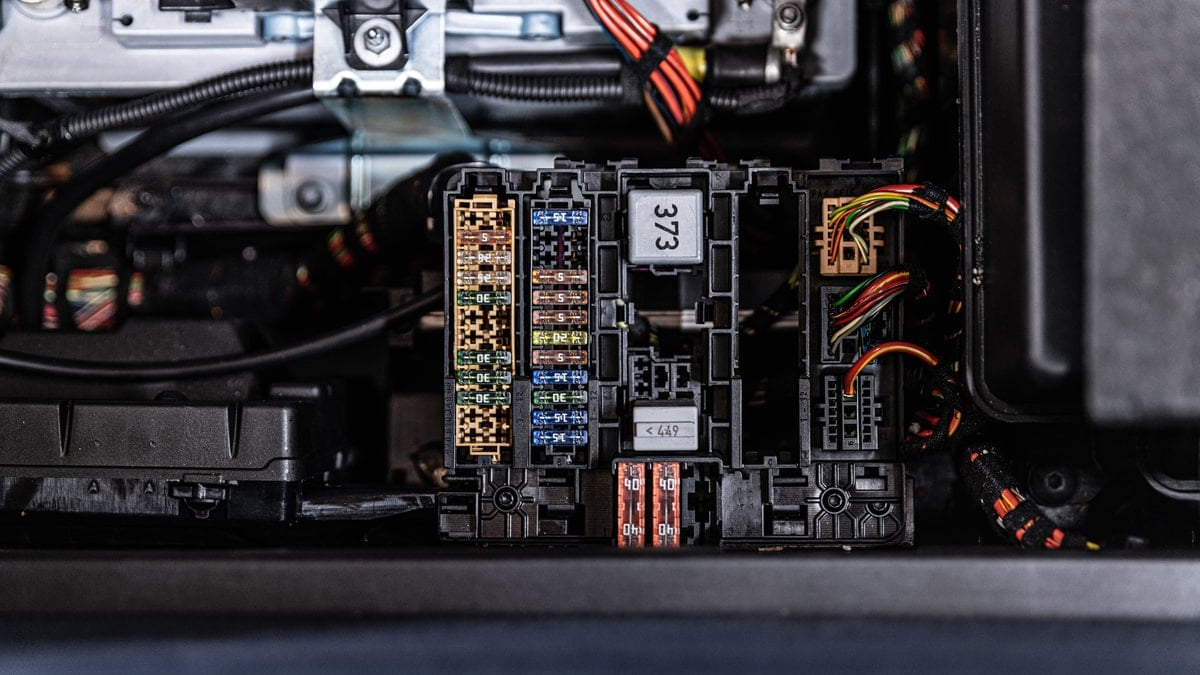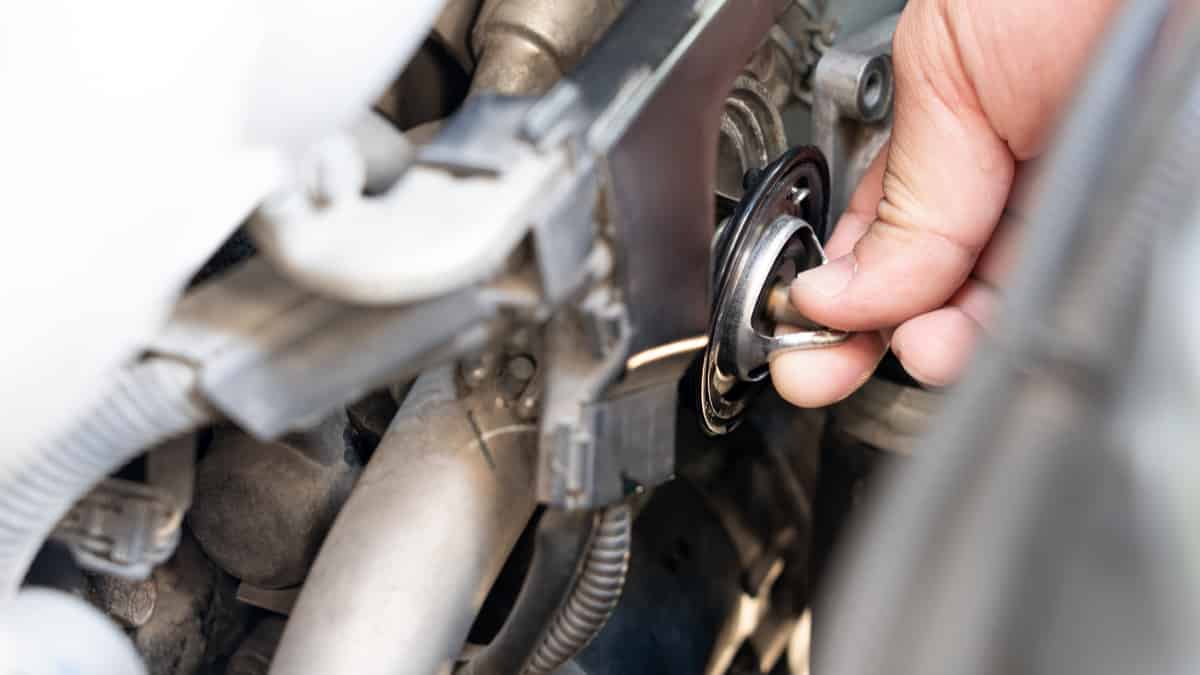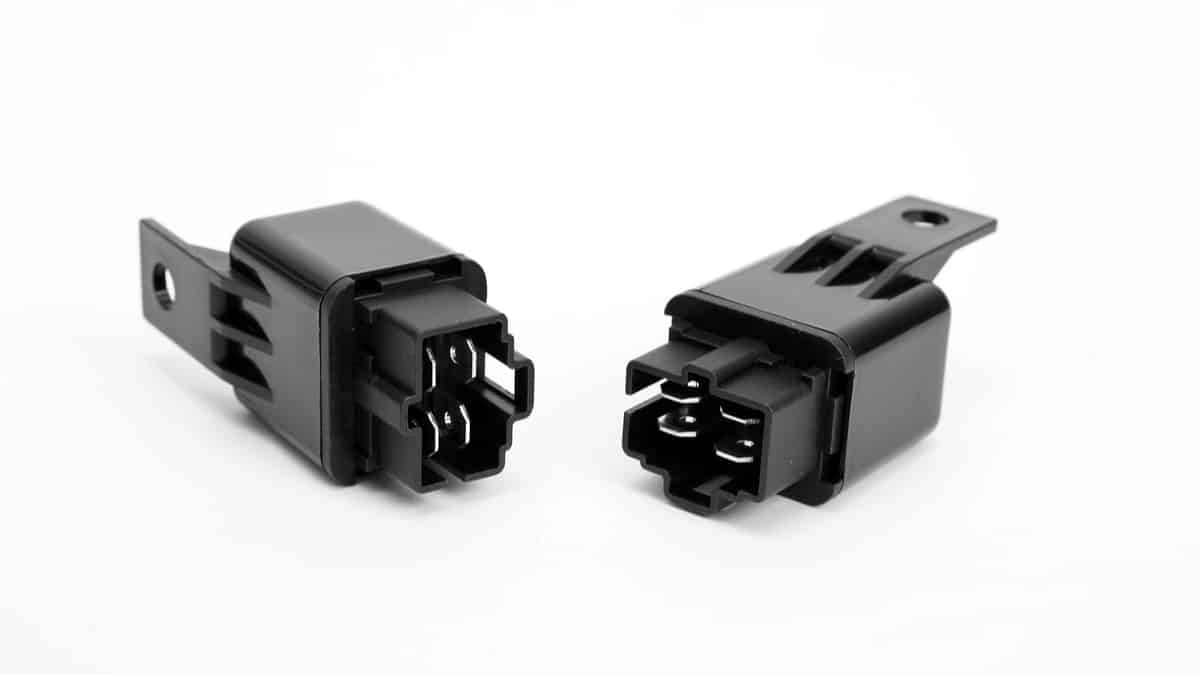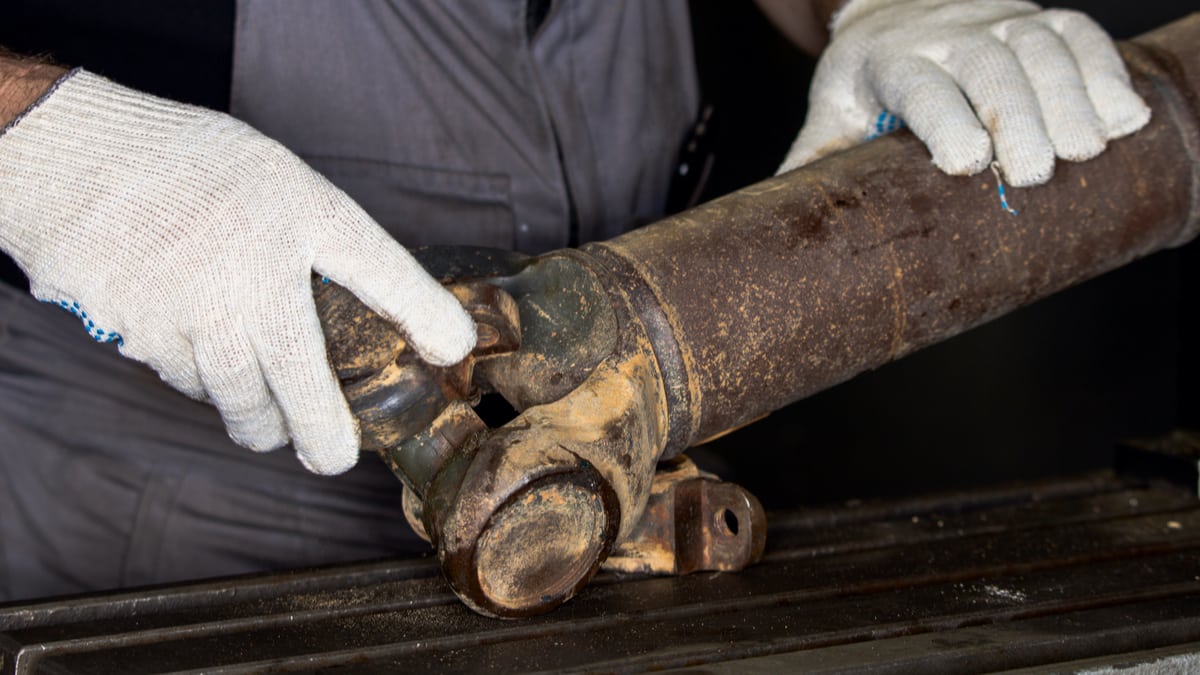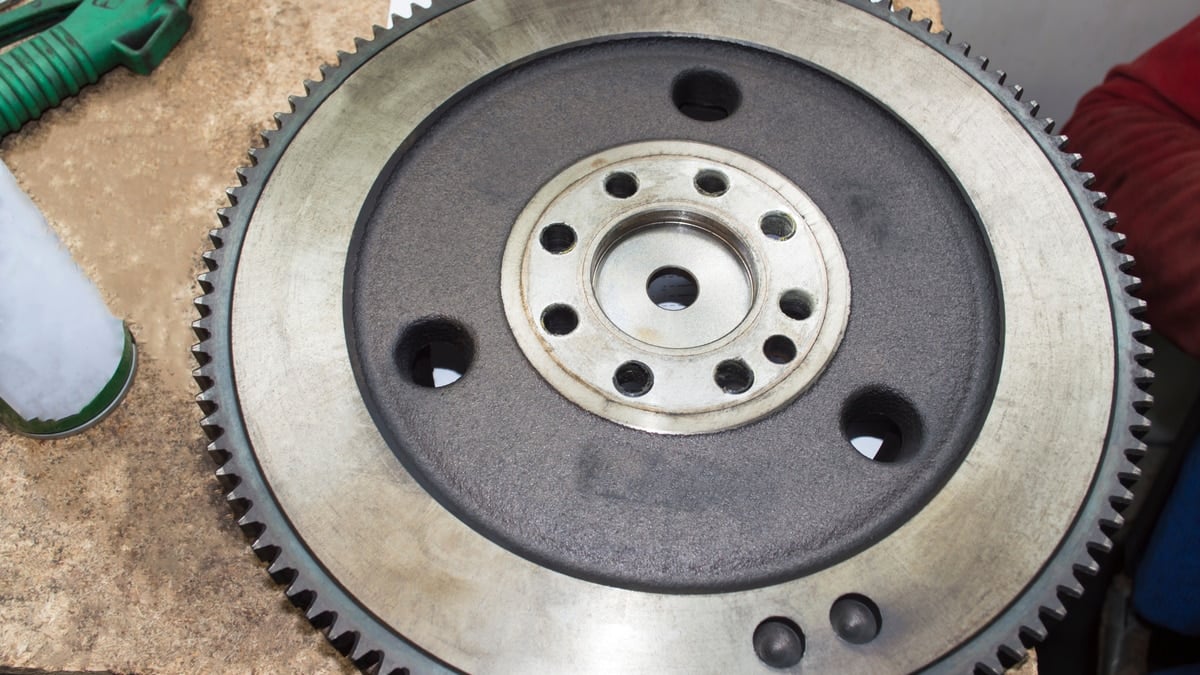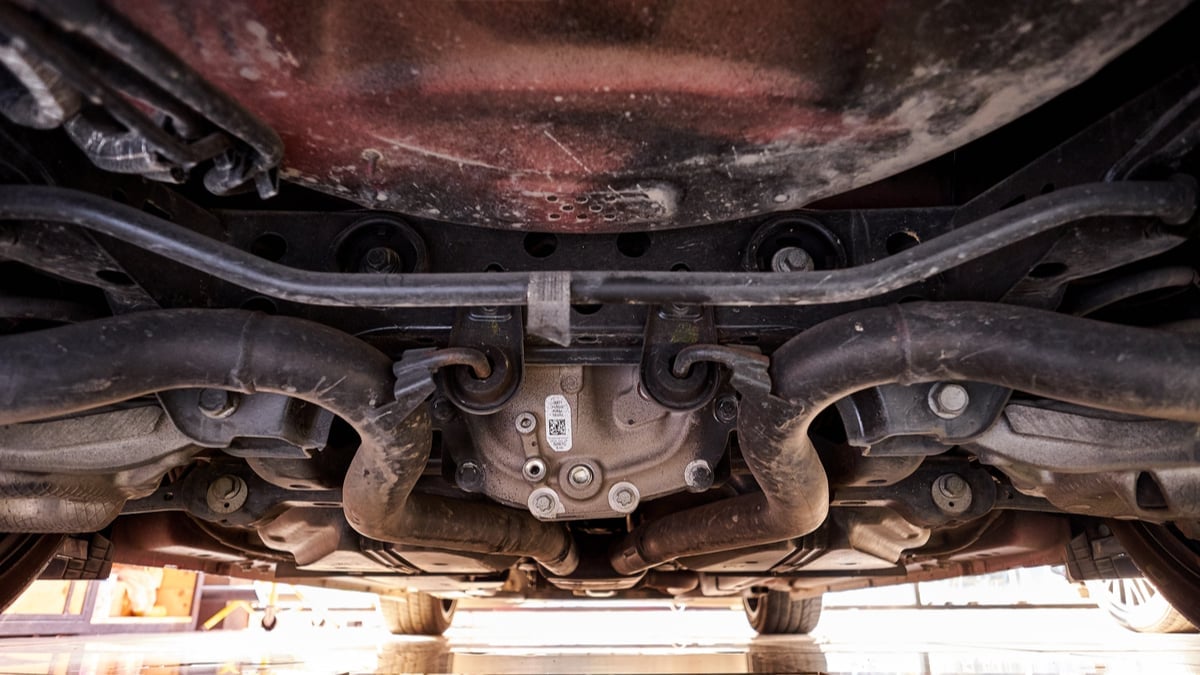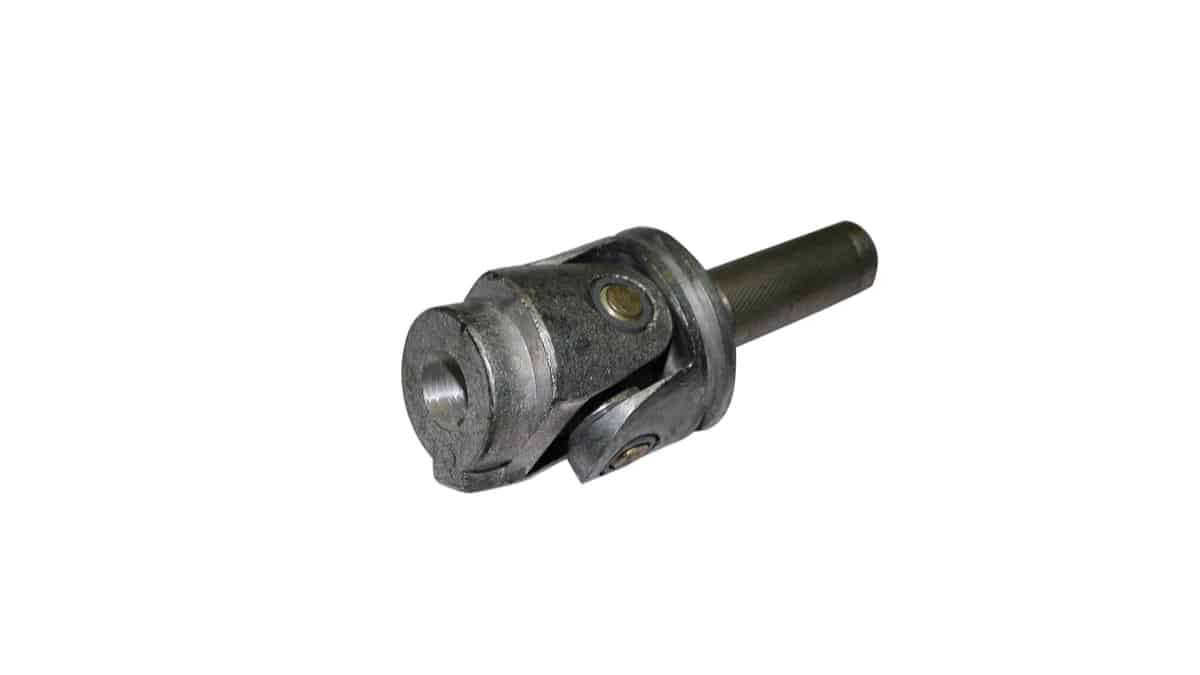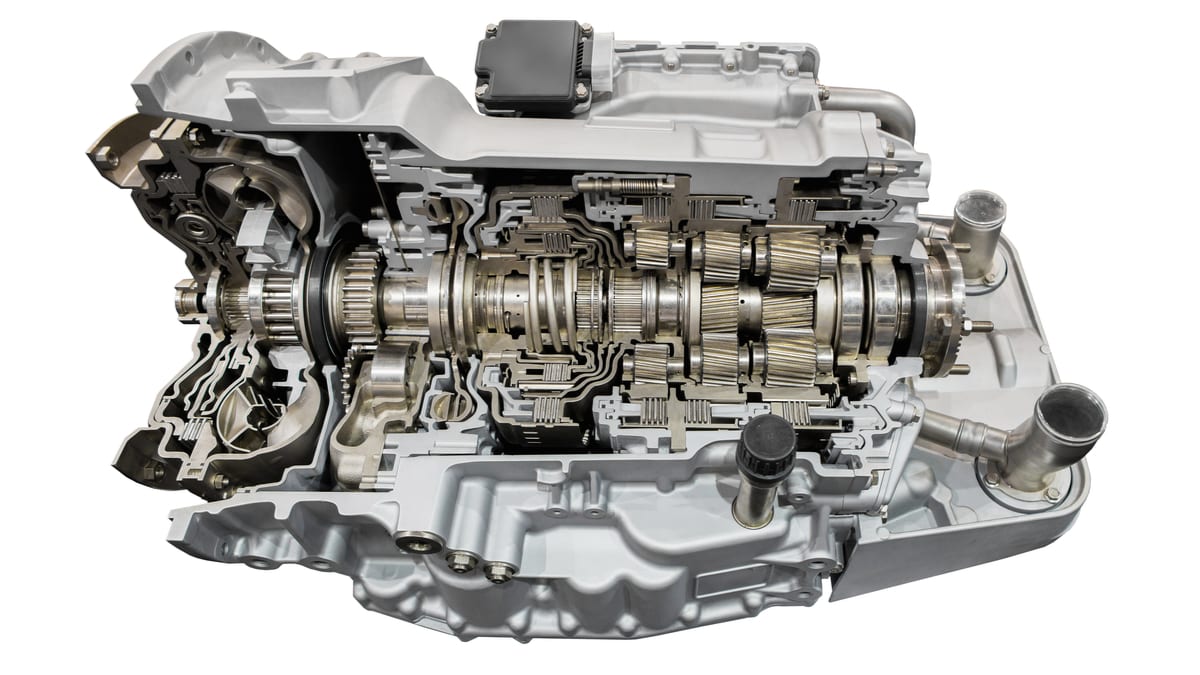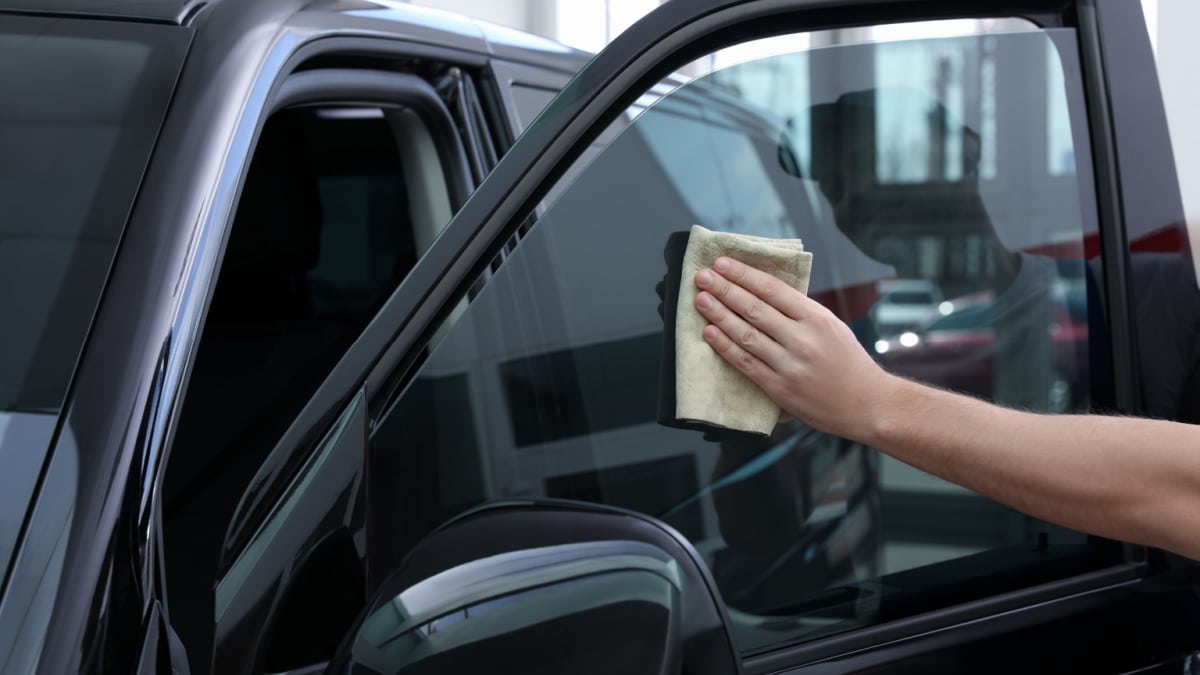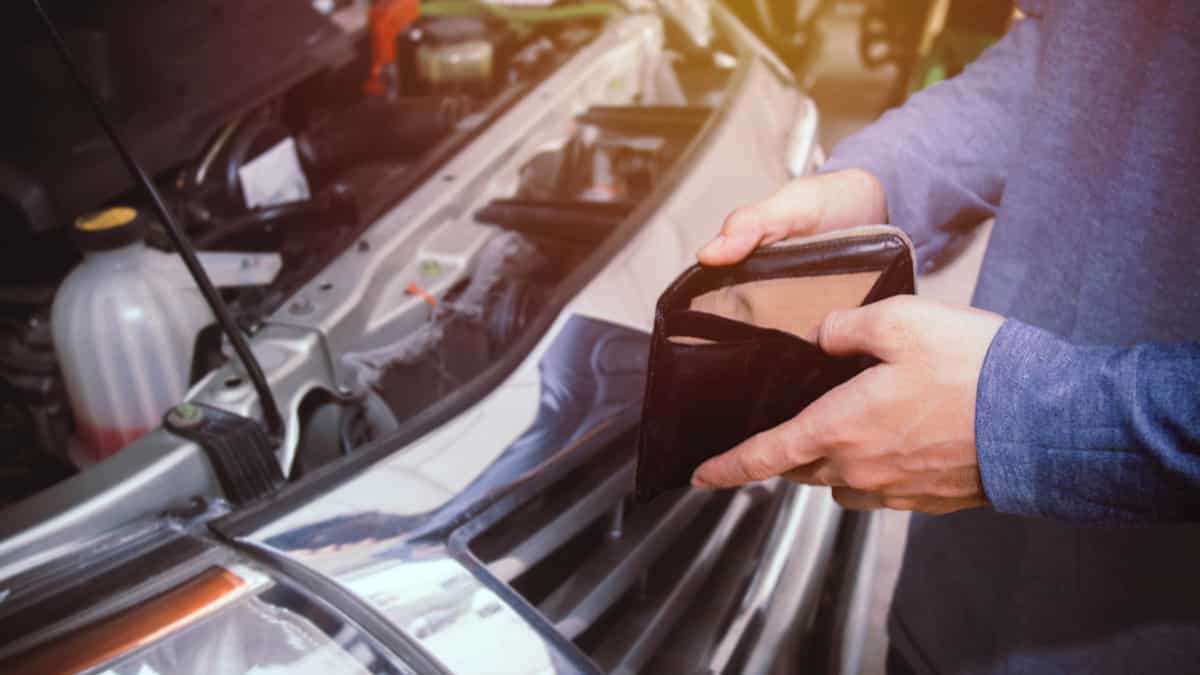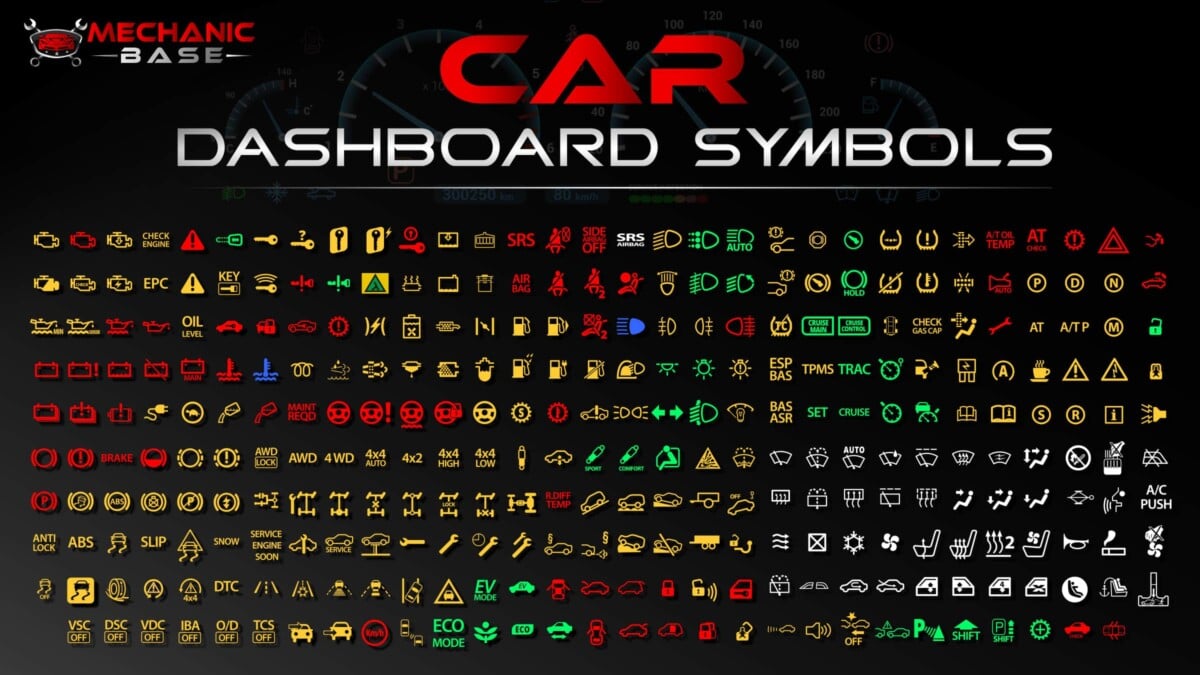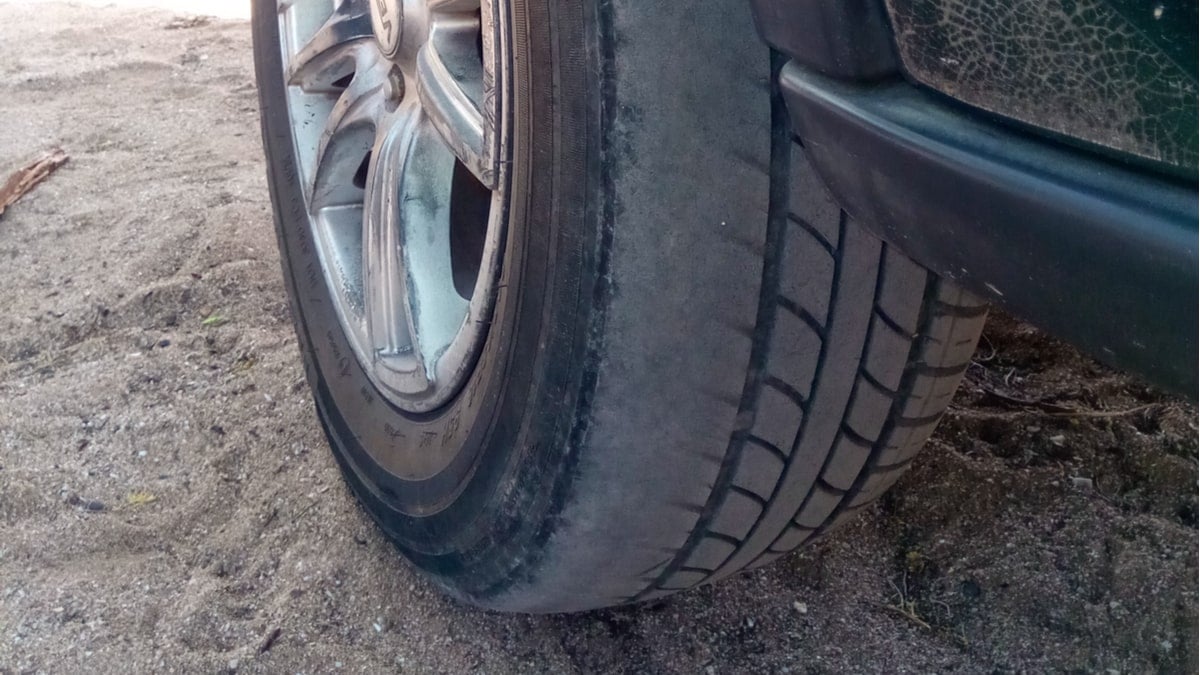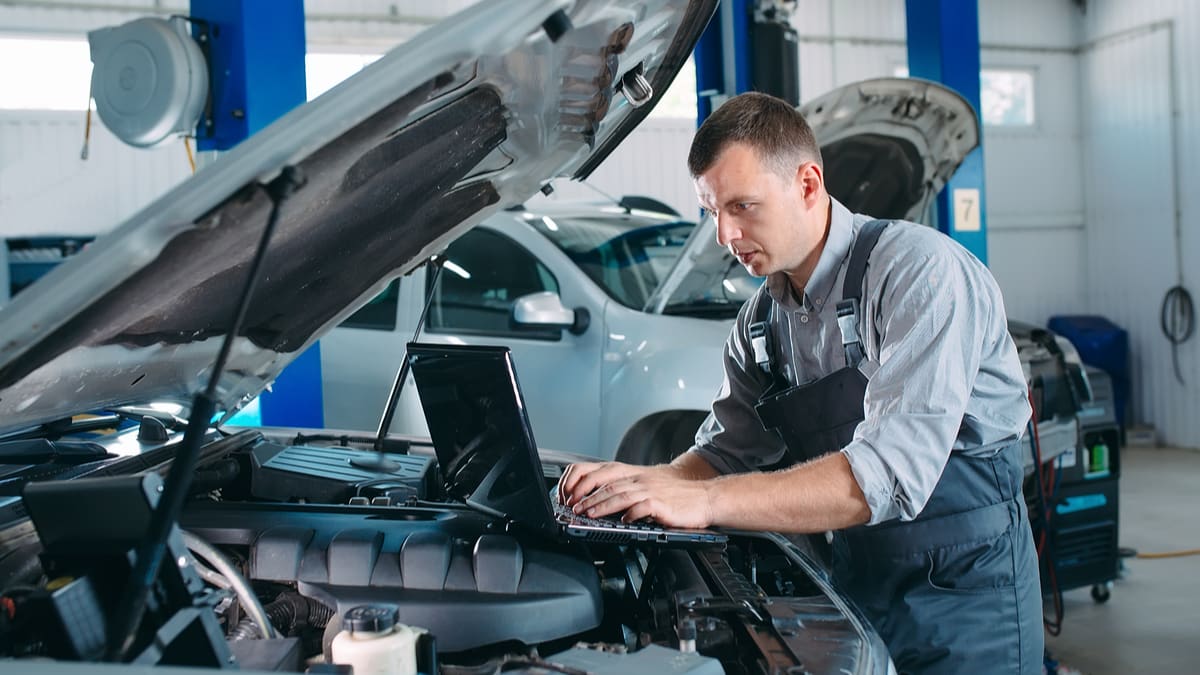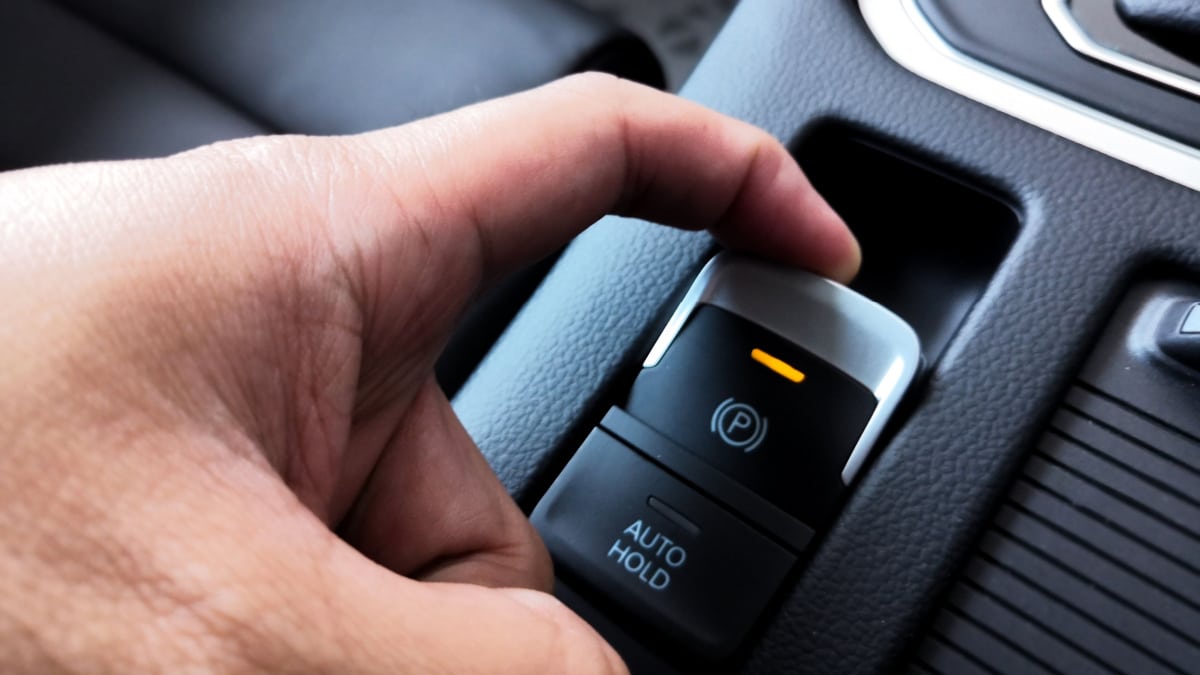Owning a car comes with a lot of responsibility. You have to check it and do the required maintenance regularly.
Many people do not care about this, though, and just sell their car when these problems start to appear. This is why you should check through this list before buying a new car – to find any of these problems before you commit to a purchase.
Top 15 Most Common Car Problems
The most common car problems are issues with the brakes or defective car engine sensors. Faulty electrical parts are often marked with a warning indicator on the dashboard. This often leads to higher fuel consumption, which is also a common issue.
Here is a more detailed list of the 15 most common car problems and issues you may notice when owning a car.
1. Noisy engine
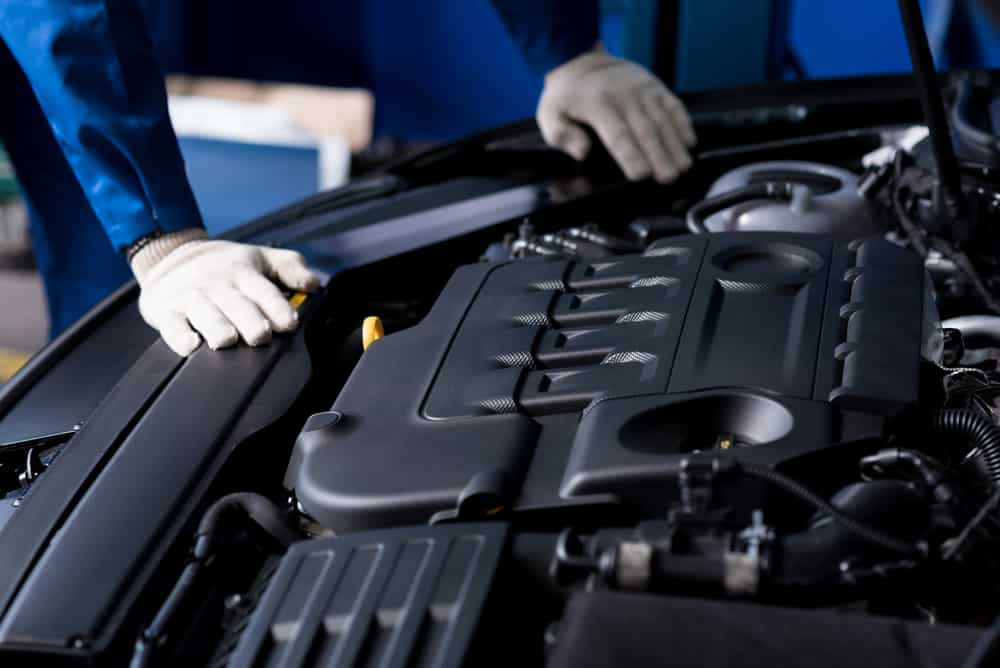
A normal engine should be quiet. However, if you notice that your engine is producing a splattering, knocking, or rattling sound it could be a signal for trouble.
A car engine has high oil pressure, making sure there is no metal to metal parts against each other in the engine. A car that is worn or not followed the required maintenances may start to make many noises from the engine when running. This is absolutely not a car you want to buy, because it can result in very high repair costs.
Of course, it could simply be due to a cheap part, but it is not worth the risk!
Find out more here: Common Car Engine Noises.
2. Dashboard warning lights
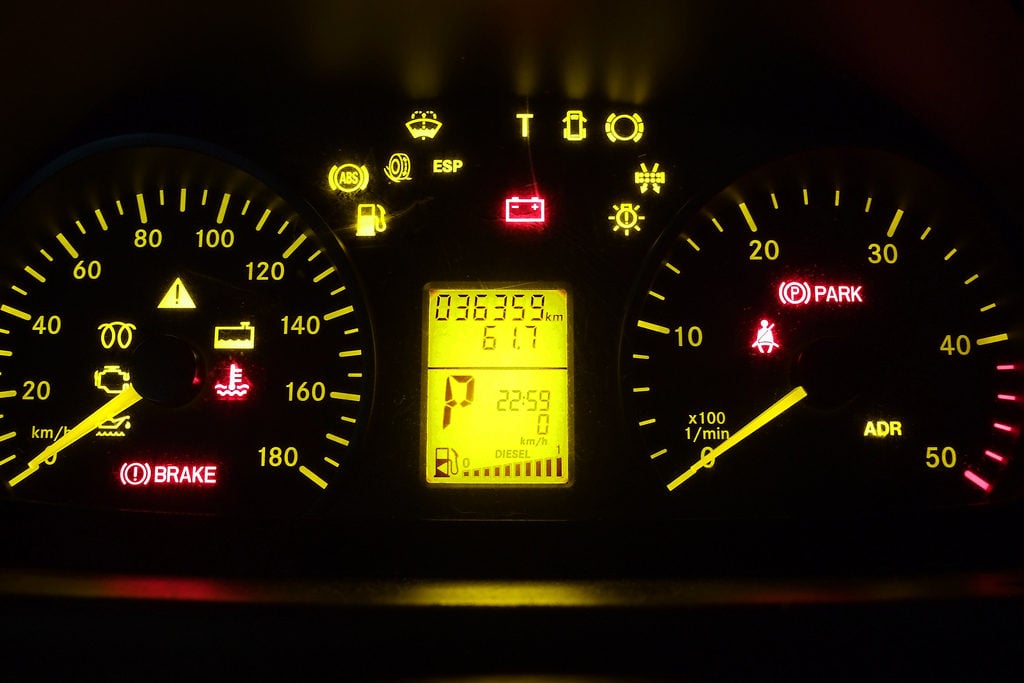
Your dashboard features a set of lights that immediately inform you in case of any engine trouble. If your engine is overheating, low on fuel, or experiencing battery problems, a red light will illuminate on the dashboard.
Most modern engines now come with an engine control unit (ECU) with sensors attached to various engine components.
When there is an issue with the car, you will get an error code, which will light up a warning light.
Checking for warning lights are pretty easy, and this is something you should do if you are buying a used car.
Find out more here: 19 Common Car Dashboard Warning Lights
3. Bad Wheel Bearings
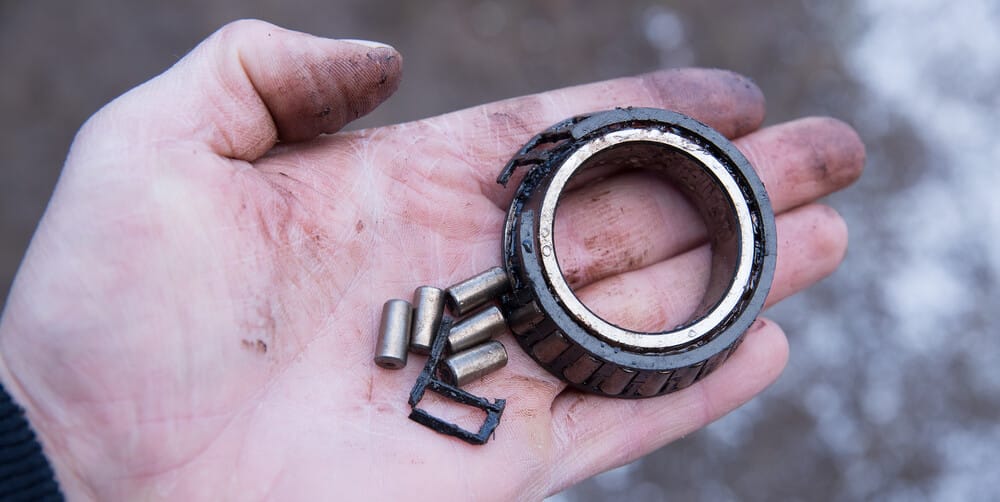
Bad wheel bearings are a common issue in modern cars. You can hear a wheel bearing when you are driving at higher speeds.
You will identify a bad wheel bearing by listening to the road sound while turning slowly left or right. If the noise changes, you for sure have a bad wheel bearing.
Find out more here: Bad Wheel Bearing Symptoms
4. Smoke from the exhaust
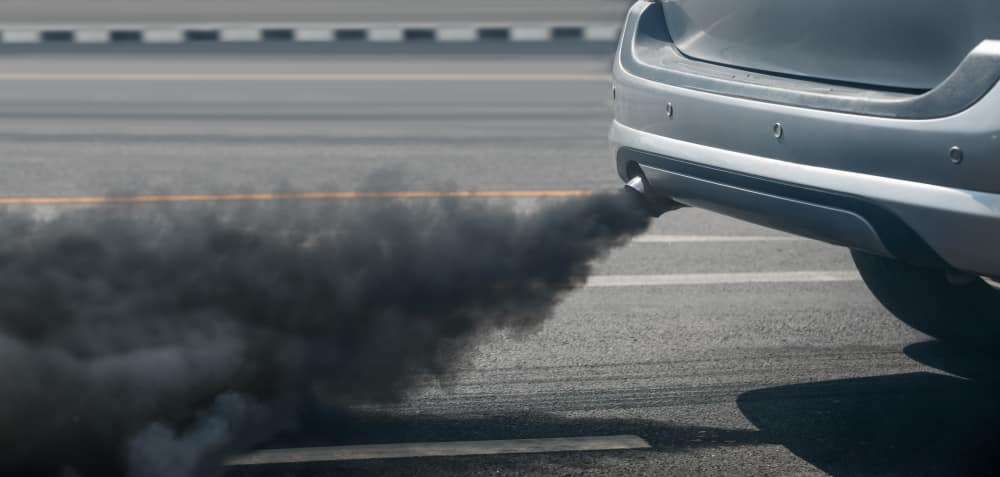
A functioning car produces some smoke in terms of exhaust gases. This is often colorless – though often not when you are starting your car during winter.
However, excessive smoke is a signal of serious engine trouble. The color and smell of the smoke will offer clues as to what is wrong.
If the smoke is white in color, then it may be your coolant that could be leaking, while if you have thick blue colored smoke, it could be oil getting into the combustion chambers. If it is black, it can mean that the engine is running too rich in fuel.
More: White Smoke From Exhaust
5. Poor fuel efficiency
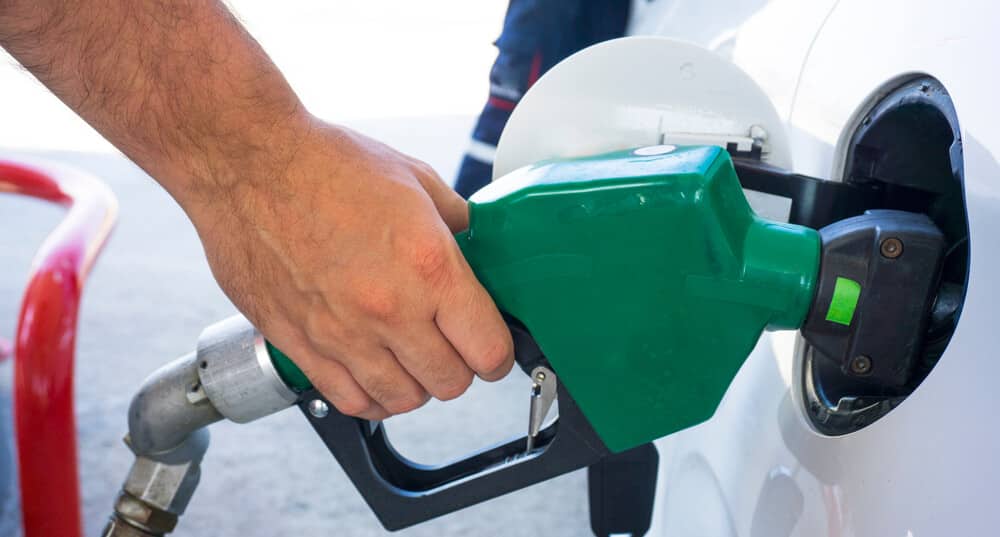
Poorly serviced engines consume more fuel. Mass airflow sensors, fuel filters, air filters, and O2 sensors all contribute to efficient fuel usage.
However, with time these components become clogged with dirt, causing your car to consume more fuel. Routine servicing of these components will restore your car engine to good working condition.
6. Tire punctures
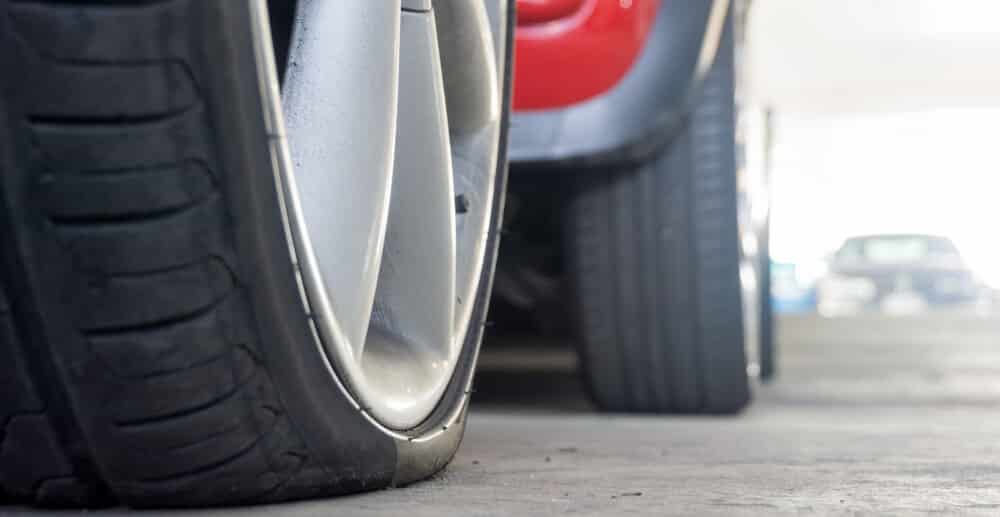
It is common to experience occasional tire punctures. Tires do wear out, and when this happens, they are more prone to punctures. It is recommended that you avoid driving the car beyond the recommended tread wear.
It’s recommended to have all your tires changed after every 50,000 miles. You can also rotate them after every 10,000 miles in the worst case.
7. Bad Car battery
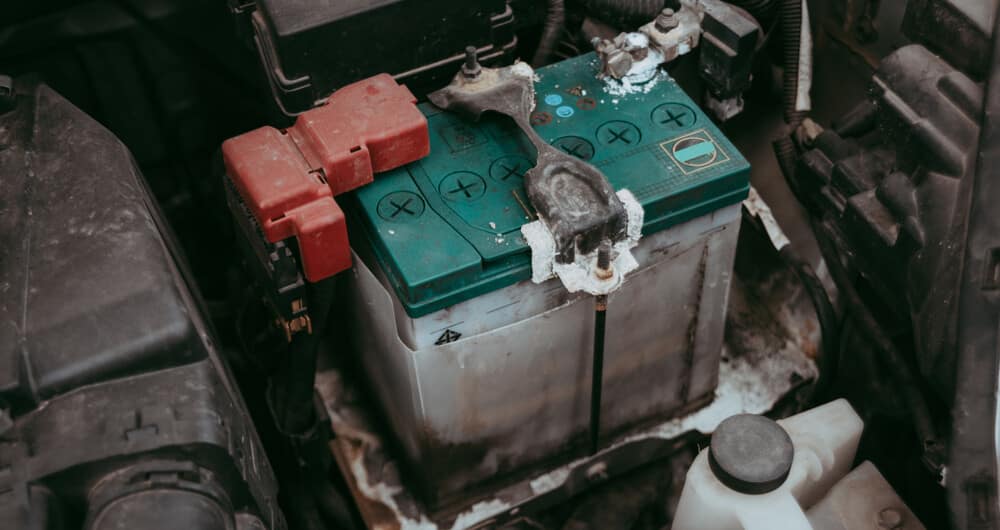
The battery powers the car engine together with the alternator. However, with time, the terminals get contaminated with acid, and the battery no longer powers electrical components in the car. Just like your tires, you need to change your battery after every five years or 50,000 miles – whichever comes first.
Driving a car with a dying battery can be stressful, because the car can stall at any time. Some of the signs of a dead battery include dim headlights, inability to power the stereo or AC, and problems starting the car in the morning. If the battery is working fine, then the problem could be with the alternator.
8. Worn out brake pads
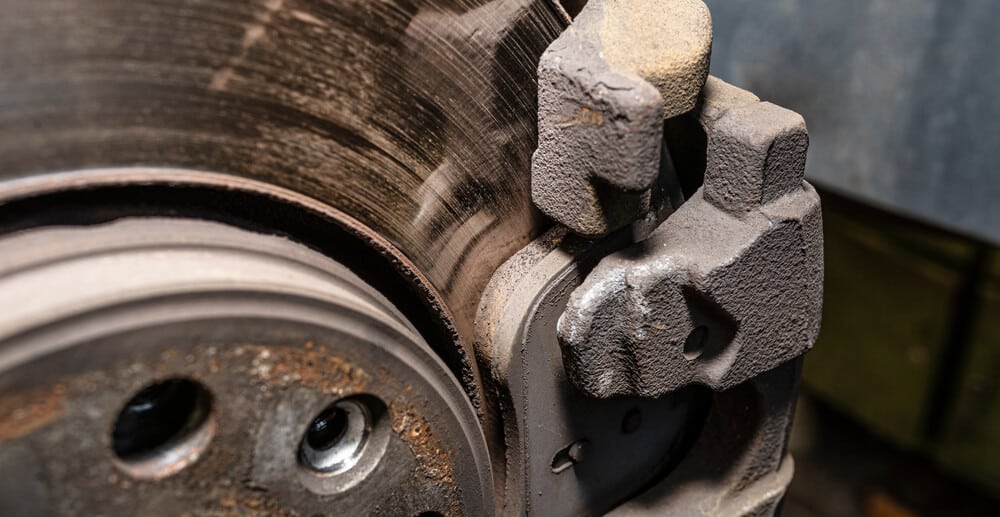
It is dangerous to drive a car with worn-out brake pads. The brake pads wear out due to constant friction. When they wear out, you will often notice a squeaking sound.
Besides, you will need to hard press the brakes for them to be effective. This can be disastrous during emergency braking. Have your mechanic inspect your brake pads if you suspect that there is something wrong with them.
More: Brake Pads Symptoms
9. Faulty starter motor
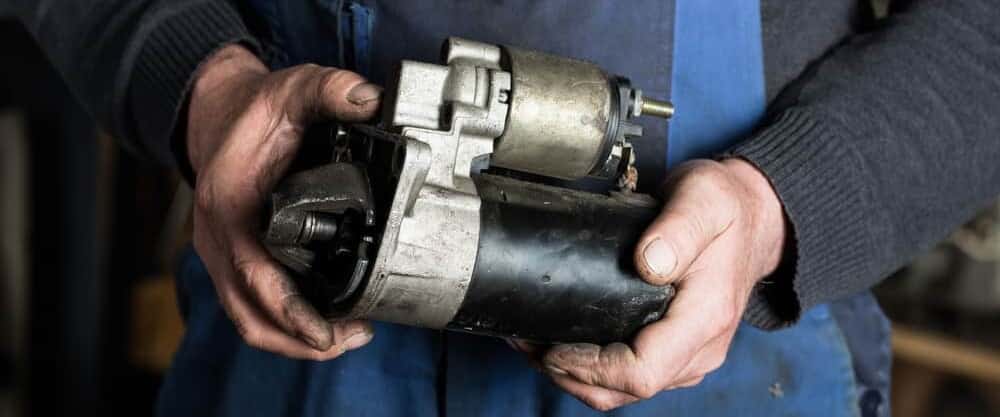
The starter motor and battery work together to crank the engine. However, certain starter components can stop working due to wear and tear. These include the starter relay, solenoid, and motor. When this happens, you will hear a rattling sound whenever you turn on the ignition and start the car.
Starter motors are quite expensive and, unfortunately, something that needs to get replaced sometimes. A starter often holds up around 10 years, though, depending on the car model and how often you start the car.
More: Bad Starter Symptoms
10. Stalling
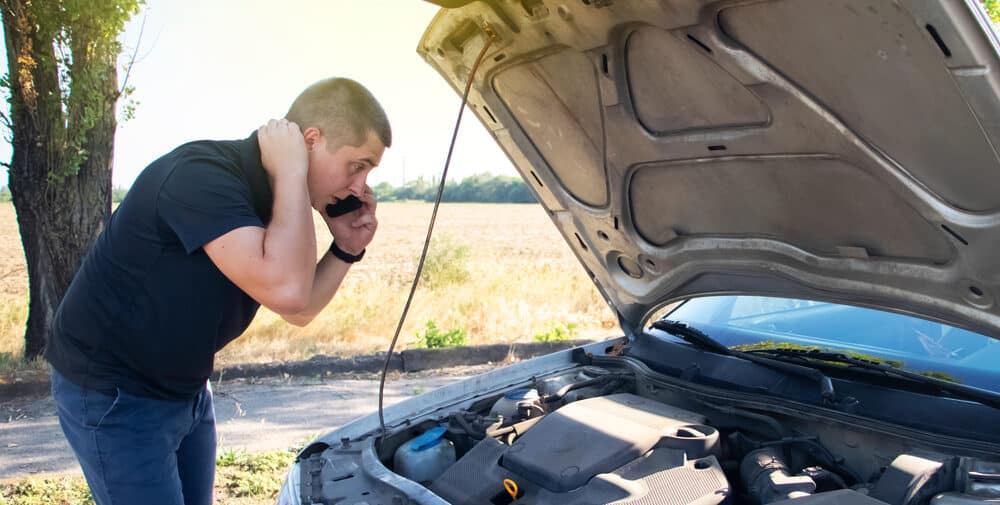
This can cause new motorists to alarm. You are driving smoothly, then all of a sudden the car comes to a complete halt in the middle of the road.
If this happens on a highway, you may find yourself causing serious accidents. The main reasons for stalling include faulty filters, fuel lines, or a defective crankshaft position sensor.
11. Overheating
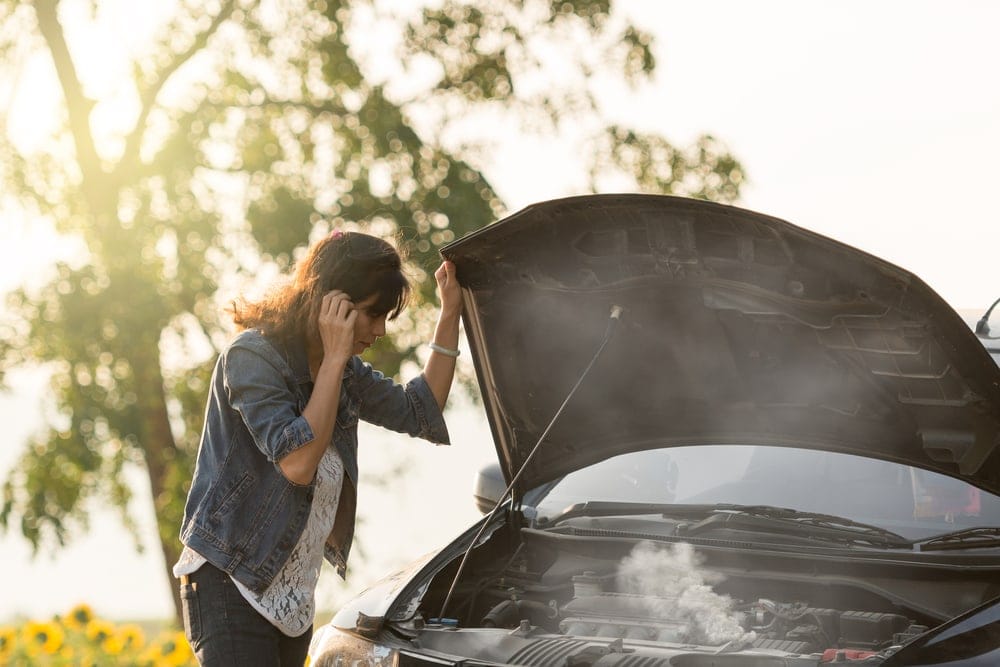
When your car is overheating, it could be a signal for serious engine trouble. The internal combustion system produces a lot of heat. Coolant plays the vital role of cooling the engine block by dissipating excess heat to the radiator.
However, coolant leaks could mean that less coolant is reaching the engine block. This can cause overheating, which, when not contained, can lead to further engine problems.
More: Engine Overheating Causes
12. Shaking steering wheel

The steering wheel for a well-maintained car should be stable and be easy to turn. However, if your wheel bearings or suspensions are worn out, the steering wheel will shake, even on smooth roads. At higher speeds, this can make driving dangerous and can cause serious accidents.
Have your mechanic inspect the wheels and suspension. You should also have your tires regularly aligned and all wheels inflated with the same tire pressure.
More: Steering Wheel Shaking
13. Oil pressure problems
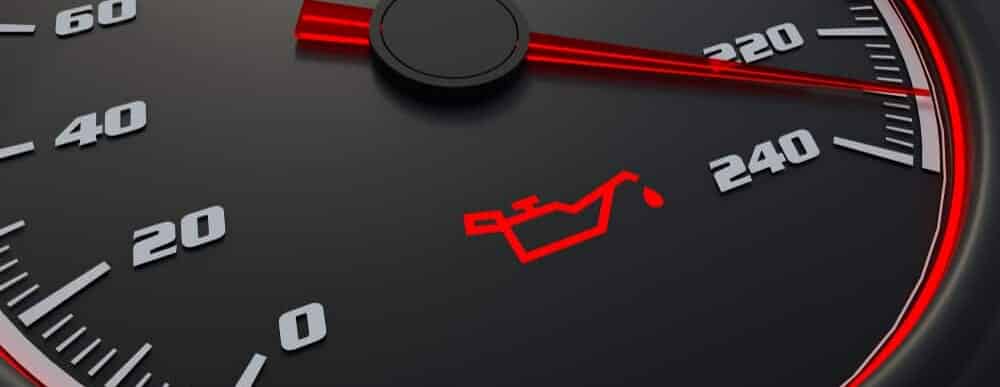
Oil plays a vital role in lubricating all the moving parts in the car. When your oil is old, it will form a sludge that makes it hard to operate efficiently. This will cause unnecessary friction amongst the movable parts leading to overheating and wear.
Oil pressure problems are something you never want, because they can result in expensive repair costs like engine replacements.
Also, identify the right type of oil that has offers good viscosity. Nowadays, many motorists prefer using synthetic oils.
More: Low Oil Pressure Symptoms – High Oil Pressure Causes
14. Squeaking or Grinding Brakes
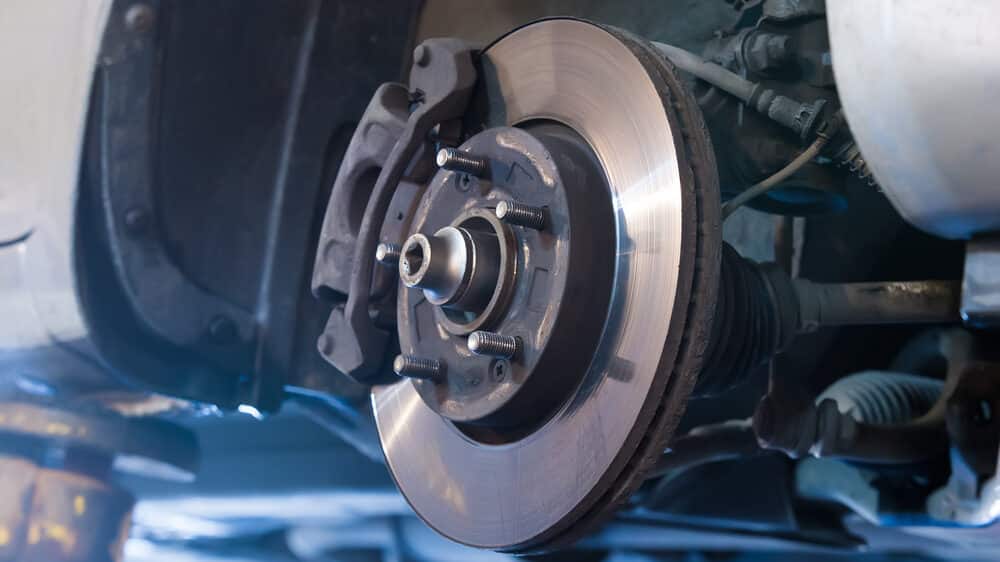
Squeaking or Grinding brakes can often be caused by worn brake pads or worn brake discs. It can also happen if a stone gets stuck between the brake rotor and the brake pads.
Worn brakes are very common in cars that are not getting cared for enough.
15. Low Charge from Alternator
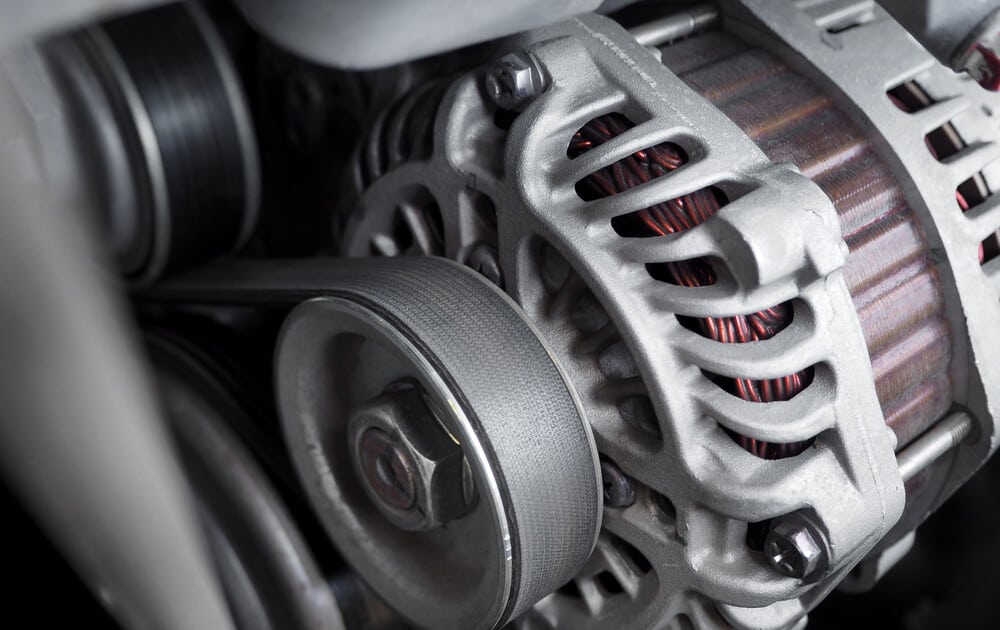
When your car starts to get old, the alternator will get worse and worse at doing its job. This is due to the brushes inside of it is getting worn. You can replace the brushes in some cases, but sometimes you have to replace the whole alternator.
Checking the alternator with a multimeter is easy. You should have around 13.5-14.5 volts on idle if it is working properly.
More: Bad Alternator Symptoms
Categories: General, Market, Troubleshooting
